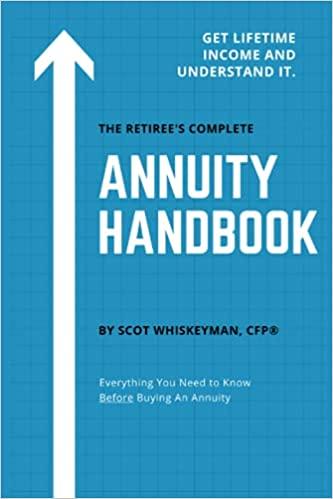Question
Consider the following two, completely separate, economies. The expected return and volatility of all stocks in both economies is the same. In the first economy,
Consider the following two, completely separate, economies. The expected return and volatility of all stocks in both economies is the same. In the first economy, all stocks move togetherlong dash in good times all prices go up together and in bad times they all fall together. In the second economy, stock returns are independentlong dash one stock increasing in price has no effect on the prices of other stocks. Assuming you are risk-averse and you could choose one of the two economies in which to invest, which one would you choose? Explain. (Select the best choice below.)
A. A risk-averse investor would choose the economy in which stock returns are independent because risk can be diversified away in a large portfolio.
B. A risk-averse investor is indifferent in both cases because he or she faces unpredictable risk.
C. A risk-averse investor would prefer the economy in which stock returns are independent because by combining the stocks into a portfolio he or she can get a higher expected return than in the economy in which all stocks move together.
D. A risk-averse investor would choose the economy in which stocks move together because the uncertainty is much more predictable, and you have to predict only one thing.
Step by Step Solution
There are 3 Steps involved in it
Step: 1

Get Instant Access to Expert-Tailored Solutions
See step-by-step solutions with expert insights and AI powered tools for academic success
Step: 2

Step: 3

Ace Your Homework with AI
Get the answers you need in no time with our AI-driven, step-by-step assistance
Get Started


